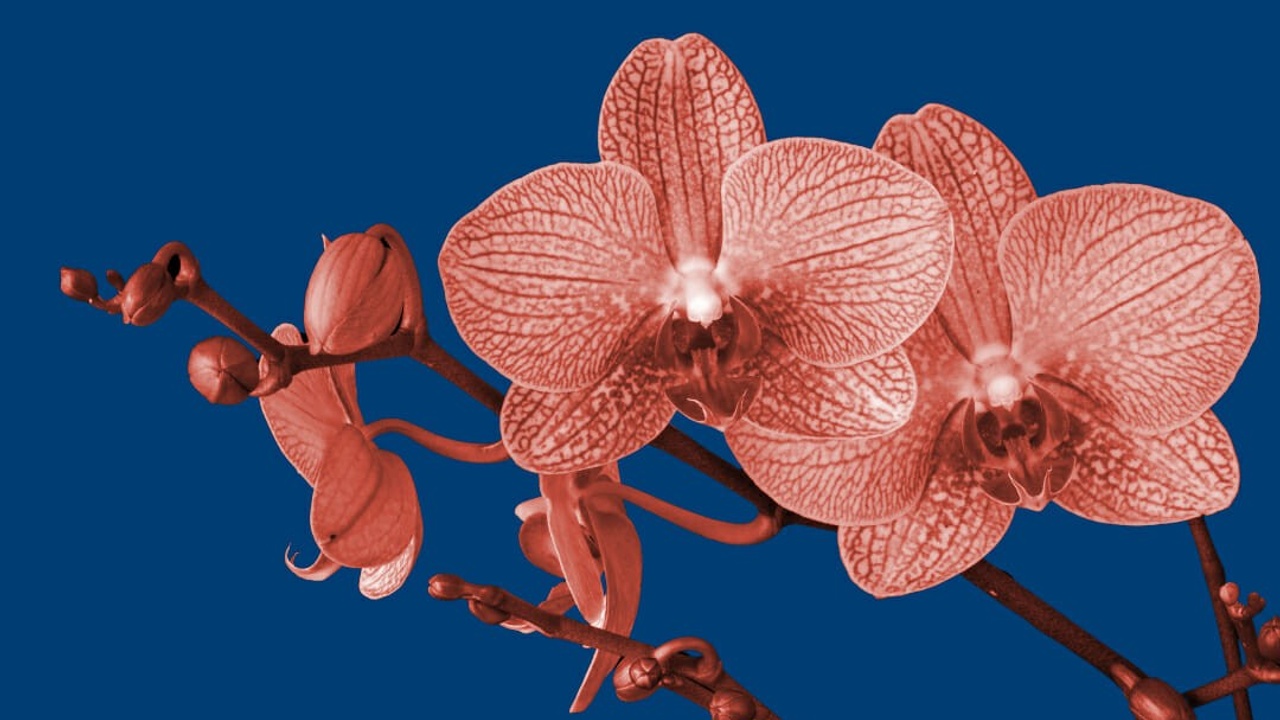Orchids, Dandelions and HSPs
Feb 09, 2022
Orchids, Dandelions, and HSPs
‘These dandelion children—equivalent to our “normal” or “healthy” children, with “resilient” genes—do pretty well almost anywhere, whether raised in the equivalent of a sidewalk crack or a well-tended garden. Ellis and Boyce offer that there are also “orchid” children, who will wilt if ignored or maltreated but bloom spectacularly with greenhouse care.’
Tom Boyce, professor emeritus of pediatrics and psychiatry at the University of California – essay “Biological Sensitivity to Context.
If you’ve been following me for a while you’ll likely have heard mention of HSPs ( Highly Sensitive People) and the Orchid Theory.
My working theory is that HSPs, identified by Dr Elain Aron in the early 90s, are the orchid children, a minority of people who are not as ‘hardy’ as the majority but who, with care, nurturing and specific lifestyle changes, can learn to thrive way beyond what they believe is possible.
I’ve delved into the research, which is relatively recent and on-going, to see what I could find out.
What is an HSP?
Highly Sensitive People make up 20% of the population. The trait has been indentified in over 100 species.
The four main traits of HSPs, as researched and defined by Dr Elain Aron include;
- – Depth of Processing
- – Overstimulation
- – Emotional Responsiveness
- – And Sensing of the Subtle.
Brain scans show that the amygdala (the fight, flight, freeze control centre) in HSPs is larger and therefore more active (meaning higher stress responses). HSPs are easily alarmed and overstimulated and often need significantly more down-time and solitude than non-HSPs.
Studies also show more brain activation in the Insula part of the brain. This is where moment to moment awareness of inner states and emotions, positions and outer events are integrated. Some call this the seat of consciousness.
In simple terms HSPS are highly aware of and sensitive to both their inner and outer world.
In the western world (which is designed by and for the 80% of ‘normal’ people) HSPs can struggle. Often they feel something is wrong with them and that they don’t fit in. I would suggest that HPSs have a greater propensity to turn to substance to settle more sensitive, frazzled and overwhelmed nervous systems that are exacerbated by the hectic environment of the modern world. This was certainly the case for me.
Since quitting alcohol and learning about this trait I have realised that my reliance on alcohol was a lot to do with me thinking I should be a different, I was trying to be a dandelion!
What is the Orchid Theory?
Over the last 15 years researchers have identified a number of gene variants that can increase a person’s susceptibility to mental health issues such as depression, anxiety, ADHD, addiction and other problems. However carrying these ‘risk’ genes’ does not doom you to these disorders.It is a combination of these ‘risk’ genes plus a stressful or traumatic environment that ‘activates’ the problems.
In modern psychology, this is known as the vulnerability hypothesis. It takes the nature/nurture debate into a new level of understanding, explaining that it is a combination of gene-environment interactions that activates certain issues and disorders.
If Orchids are planted in the wrong soil they will wilt and die.
However more recently Dr Tomas Boyce and team suggest that it’s a mistake to focus only on the downside. Whilst these risk genes create hyper sensitivity to trauma and challenge they also enable the person to have a heightened sensitivity to all experience.
This has been coined the Orchid Theory.
‘The orchid theory supports that if you have the ‘risk’ genes and you are given a supportive environment, your capacity for creativity, compassion, empathy, appreciation of beauty and of life in general is far greater than those who don’t have these ‘risky’ genes’
What does it all mean? Why does it matter?
I’m just scratching the surface of all this for my BLOG and I have created a HSP Resources page here on my site with links to the best resources I’ve found for HSPs created by Psychologist and HSP expert Julie Bjelland.
You can also take the HSP quiz here to see if you’re one of 20% of the population.
And you can also join our facebook group, made up of both orchids and dandelions, all trying to navigate life alcohol-free as best we can.
This Blog references the work of Dr Elain Aron at hsperson.com, Julie Bjelland at jbjelland.com and the “Environmental Sensitivity in Children study: by Dr Elain Aron, Michael Pluess, Elham Assary, Francesca Lionetti, Kathryn J. Lester, Eva Krapohl.




